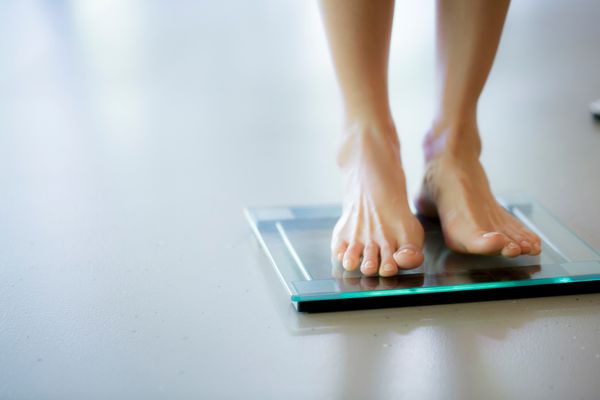Paleo diet. South Beach diet. Atkins diet. It can be hard to keep up with all the diets that have come and gone or stuck around over the years.
Add another diet you should know about to the list: keto diet. This diet is controversial and interesting to say the least. The keto (ketogenic) diet is high in fat (75 percent), moderate in protein (20 percent) and low in carbs (5 percent). Yes, it's known for the fact that you can eat bacon.
It may be too restrictive and limited for some. However, with some planning, you can get all your vitamins and minerals in.
Since you're reducing your carb intake, your body must find a new source of energy. So, the diet forces the body to burn fat. (Ketones are the molecules formed by the breakdown of stored fat). When you're following a carb-restricted diet, you deplete the glycogen stores (energy) from your muscles. What does that mean? Your body is forced to convert fat stores to glucose (sugar) to create energy.
Say good-bye to starchy veggies like corn, potatoes, cabbage, cauliflower and winter squash (like acorn, butternut and pumpkin); they're too high in carbs. You'll have to pass on milk, beans, rice, pasta, bread and many fruits. You'll eat foods like cherry tomatoes, avocados, asparagus, onions, peppers and zucchini and summer squash. Load up on leafy veggies like kale, spinach, collards, arugula and watercress. Enjoy eggs, fatty fish (salmon, tuna, mackerel), meat (steak, ham, sausage, chicken, turkey), and nuts and seeds (almonds, walnuts, pumpkin seeds).
Since you're eating so much fat, you do need to count calories if you want to lose weight. How many calories you cut depends on your personal weight-loss goals—whether you want to lose weight quickly or have a steadier, slower weight loss.
The meals
As with any diet, it can take some time adjusting to your new meal mindset. Preparing meals at home for the diet can be time-consuming and costly. To make things easier, consider prepping keto-friendly meals in advance. Meal prepping will help your diet stay on track, especially when you're short on time.
Also, don't go overboard buying lots of keto-friendly snacks. The fats you're eating should keep you full, even between meals. But if you want something to munch on, some keto-approved options include cheese, nuts or seeds or strawberries. Search the Web and you'll find tons of keto-friendly recipes you can try. You may also want to meet with a nutritionist to help you come up with a well-rounded meal plan.
The keto flu
Beware of the keto flu. It happens after you start the diet. You experience headaches, upset stomach, vomiting and fatigue. You may feel like you can't get out of bed or even get dressed. It's like you have the flu, minus the fever.
Because you're avoiding most carbs, sugar is leaving your body and you're likely dehydrated. (Carbs hold fluids in your body. So, when you cut back on your carb intake, extra water comes out in your urine.) Remember, your body's cells run on carbs for fuel. Eventually, your liver will convert the fats you're eating into carbs. To help you feel better, drink electrolyte formulas or water. And keep moving to help you get through this flu. Once you conquer this setback, you should feel better. If not, see your health care provider.
Tough love
It can be difficult to stick with a keto diet 100 percent of the time. The diet is low-carb and high-fat, allows no sweets or alcohol and gives you little wiggle room to cheat. (That's why some say it's more of a lifestyle change than a diet.) You may feel like you're starting all over again if you go off the diet for even a day.
When you're trying to lose weight, a difficult diet may do more harm than good. You may feel like a failure if you can't keep up with it. Just remember that the best diet is one you can and do stick with.
Always speak with your health care provider before starting any new diet plan. Yes, the keto diet can help manage medical conditions like epilepsy. But for people with certain genetic disorders or health conditions like diabetes or kidney disease, the diet may not be a good idea.
Be aware that you may experience side effects like dizziness, changes in bowel habits, bad breath, sleep problems and weakness. More significant health issues include gallstones, kidney stones (due to dehydration) and high cholesterol (since you're raising your fat intake).







